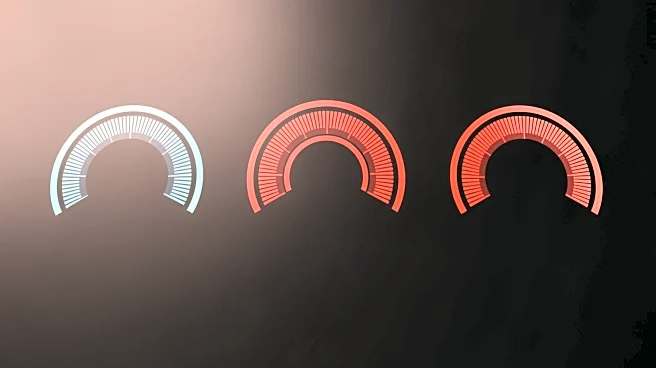What's Happening?
A recent study published in Nature Medicine has revealed that a polygenic risk score (PGS) can predict the likelihood of severe obesity in adulthood from early childhood. This international research effort, involving over 600 scientists from 500 institutions and the consumer genetics company 23andMe, Inc., analyzed genetic data from more than five million individuals. The PGS acts as a 'calculator' by combining various genetic risk variants, allowing predictions of obesity risk as early as age five. The study suggests that early intervention strategies, such as lifestyle changes, could be implemented to prevent obesity. However, the PGS is more effective in predicting obesity in individuals of European ancestry compared to those of African ancestry.
Why It's Important?
The findings of this study have significant implications for public health, particularly in the context of rising global obesity rates. By identifying children at risk of obesity early, healthcare providers can implement targeted interventions to prevent the onset of obesity-related health issues later in life. This approach could reduce healthcare costs and improve quality of life for individuals predisposed to obesity. However, the disparity in predictive accuracy across different ancestries highlights the need for more inclusive genetic research to ensure equitable healthcare solutions.









